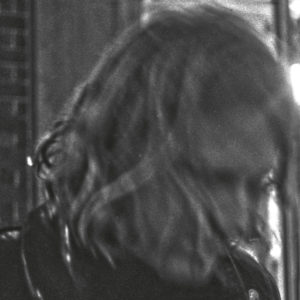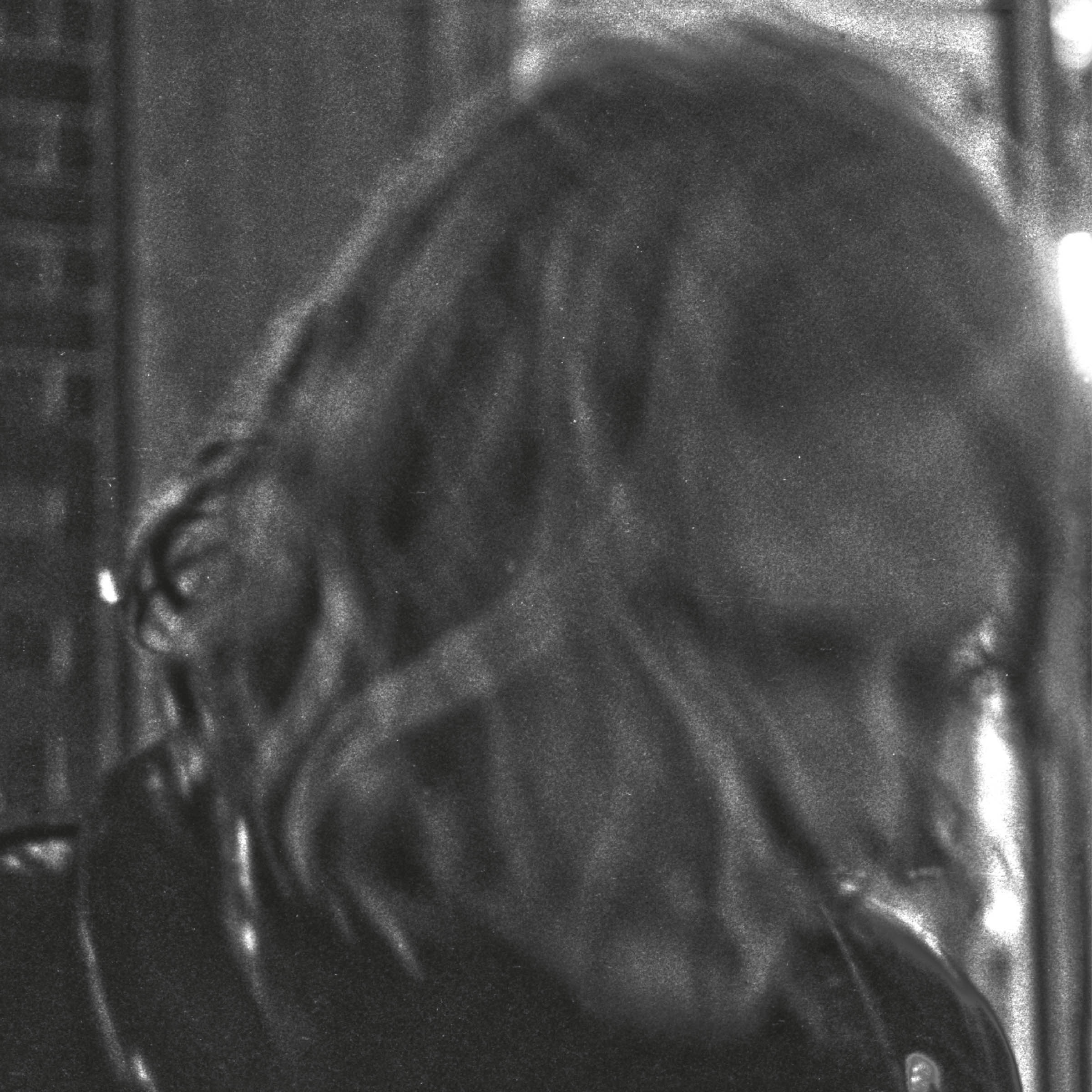Ty Segall
Ty Segall
DRAG CITY
8/10
“Baby gonna break a guitar / Gonna make it a real big star.” So Ty Segall opens “Break a Guitar,” the first song on his album—which, audaciously, is self-titled. It deserves the word “audacious” because the twenty-nine-year-old has basically issued more releases than he has lived years on this planet, so one would imagine that this is the one he considers his most career-defining. But any assumptions would be misguided, because the Californian actually embarked upon his career with an eponymous release in 2008, too—and, by sheer talent alone, he has soared by leaps and bounds since then to this point.
As always, Segall is a trickster at heart, starting the ten-plus-minute “Warm Hands (Freedom Returned)” with nonsensical dalliances about not being able to feel his hands before seamlessly sidewinding it into a hip-shaking ordeal, and then reverting back to a Melted mess, only to bounce back into infection. It’s an indie-rock epic if there ever was one, and further proof that he could be the closest our generation ever gets to a Syd Barrett or a Frank Zappa.
Then there’s the tune “Take Care (To Comb Your Hair)” with the lyrics “Take care to brush your long hair / When you can’t brush it any longer, it might just disappear.” One is led to wonder why the song title isn’t “To Brush” instead of “To Comb,” but in Segall’s world, such questions are trivialities, really. Either way, it sounds like his equivalent of “San Francisco (Be Sure to Wear Flowers in Your Hair).”
On the other hand, comparing Segall to anyone—or any era, or culture, or time, or place—is something of a fruitless task. The crown jewel of (this) Ty Segall is touted as “Orange Color Queen,” and while a pleasant, mostly acoustic, Beatles-hearkening listen, it doesn’t at all represent the insanity (inanity?) that has underscored the bulk of his career. It’s one of the strongest melodies in his catalog, which is to say it’s an ardent attempt but—even after all these records, and what amounts to hundreds of songs—it still falls far short of anything close to resembling music that would score traditional radio play. Not that that’s the point. But you get the drift. Right?







